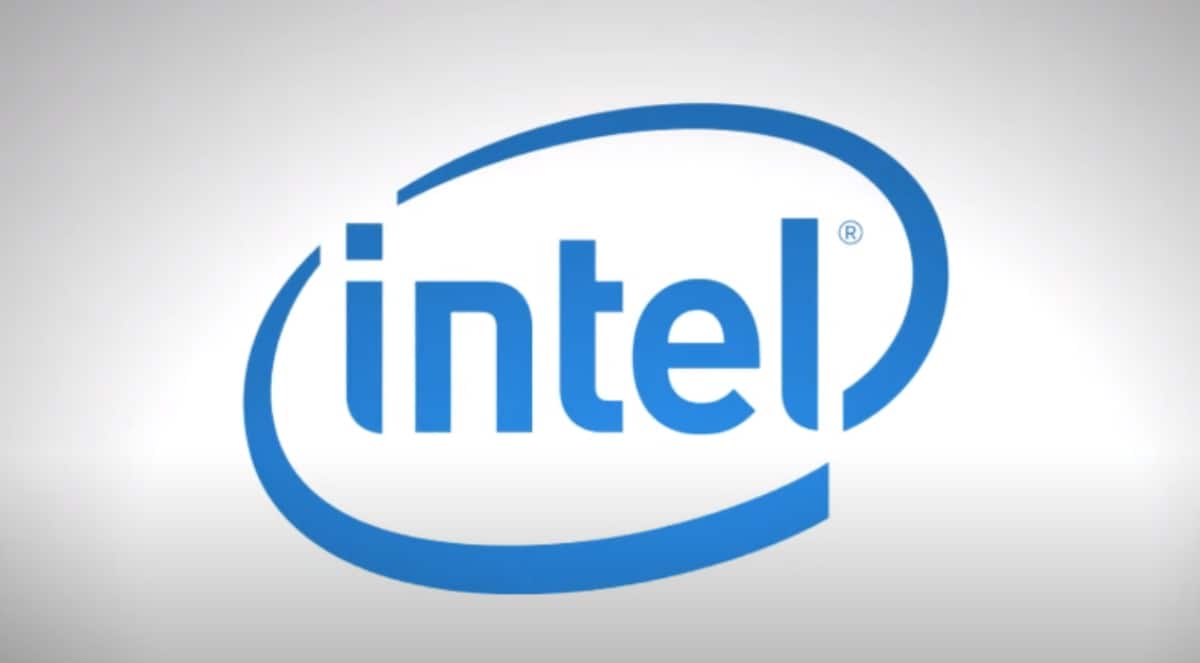
US President Joe Biden’s administration said Tuesday that it has finalized a $7.9 billion award to Intel, cementing part of his legacy in bringing semiconductor production to US shores, shortly before Donald Trump takes office.
The United States is scrambling to ease its dependence on China and other countries in Asia for these devices essential for everything from refrigerators to weapons systems.
The Commerce Department’s investment in Intel “would support both the fabrication and advanced packaging of leading-edge chips through projects in Arizona, New Mexico, Ohio, and Oregon,” it said.
“The award will directly support Intel’s expected US investment of nearly $90 billion by the end of the decade,” the department added in a statement. This is part of a larger expansion plan.
Leading-edge chips are needed to power key technologies, ranging from developing artificial intelligence to building military capabilities.
The direct funding of up to $7.9 billion will be disbursed as Intel meets project milestones.
The Intel announcement comes after the Biden administration firmed up similar deals with Taiwanese chip giant TSMC and chipmaker GlobalFoundries this month, meaning that funds can start flowing to the companies.
While the Biden administration has unveiled billions in grants through the CHIPS And Science Act, a suite of incentives to boost research and US semiconductor production, a significant amount of funds cannot yet be disbursed.
Officials have been working to get deals across the finish line.
“With today’s announcement, we will have awarded more than $19 billion of the $39 billion from the CHIPS act for manufacturing incentives,” Commerce Secretary Gina Raimondo told reporters on Monday.
“This is our sixth award, and they’re more on the way in the coming weeks,” she said.
In a separate statement, she added that “our CHIPS award is enabling Intel to drive one of the most significant semiconductor manufacturing expansions in US history.”
Intel’s expansion plan is estimated to support around 10,000 manufacturing jobs across all four states, and even more construction jobs.
The United States makes about 10 percent of the global supply of chips, while East Asia accounts for 75 percent.
But now, “we’re on track to produce 30 percent of the world’s leading-edge by 2032,” said White House deputy chief of staff Natalie Quillian.





